Angelica Dizon – Understanding Pathophysiology
$59.00$199.00 (-70%)
- Outline an effective method to review options in pharmacologic therapy for any condition.
Angelica Dizon – Understanding Pathophysiology
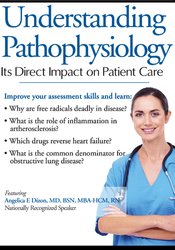
Few things in health care have as direct an impact on patient care as pathophysiology – it’s the “whys” of what happens during disease and what we must do to treat it. By having a solid understanding of pathophysiology, you can provide an accurate, speedy assessment and treatment for your patient. This video teaches you a straightforward model to quickly and thoroughly assess patients, understand the pathophysiology behind their condition, and intervene effectively.
Alleviate the fear of missing something with your next patient and grow your confidence that you can handle any situation and patient!
- Using clinical examples, explain the statement: “Virtually all human disease is ‘autoimmune’ in nature.”
- Outline an effective method to review options in pharmacologic therapy for any condition.
- Identify the self-destructive spiral of progressive chronic heart failure.
- Explain how the following drugs may abort or reverse the self-destructive spiral of heart failure: beta-blockers, angiotensin converting enzyme (ACE) blockers, angiotensin-receptor blockers (ARBS), aldosterone blockers, synthetic natriuretic proteins.
- Describe why the statin drugs significantly reduce a person’s risk of cardiovascular disease (MI and stroke), regardless of the serum cholesterol level.
- Describe the mechanism underlying death in asthma and identify a way to prevent it.
- Apply the “Three Question Approach” to interpretation of arterial blood gases.
- Breakdown the “common mechanism” for shock, regardless of the initial cause.
Endocrine and Metabolic Problems
- Pituitary disorders
- Hypoglycemia
- Free radicals — Essential in health, deadly in disease
- Diabetic ketoacidosis
- Apoptosis
- Adrenal gland dysfunction
- Addison’s disease
- Jaundice
- Implications of hormones
- Thyroid disorders – Mechanism of onset affects treatment
Cardiovascular and Renal Problems
- Starling’s Law – Normal capillary flow
- Heart failure
- Relationship between cardiac diseases and hypertension
- Unraveling hypertension
- Current concept on cardiogenic shock
- Atherosclerosis – The role of inflammation
- Anaphylaxis
- Acid-base disorders
Respiratory Problems
- Chronic obstructive pulmonary disease exacerbations
- Obstructive lung diseases affecting the mechanics of lung ventilation
- Sudden death in asthma
- Acute lung failure/ARDS
- Arterial blood gases – Made simple
Shock
- Common mechanisms of all types of shock
- The cardinal role of mediators in shock
- Newer therapies based on current pathophysiological understanding
- End points of resuscitation
- What type of shock is this?
The Immune System
- Inflammation – Acute phase response
- Systemic inflammatory response
- Infection – Part of a bigger picture
- Multiple organ dysfunction syndrome
- Stress reaction
- Autoimmune diseases

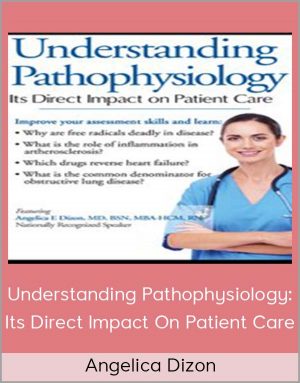



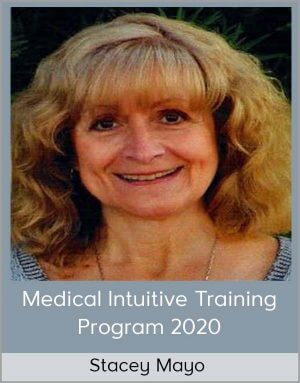






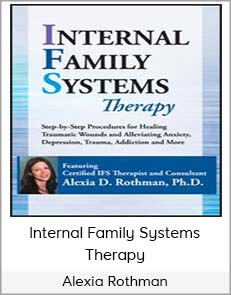


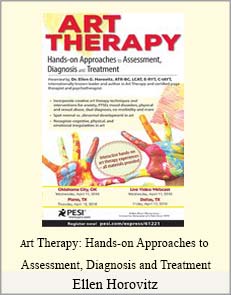

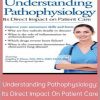
Reviews
There are no reviews yet.